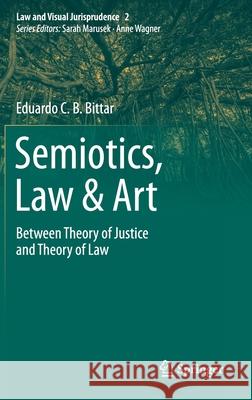Semiotics, Law & Art: Between Theory of Justice and Theory of Law » książka
topmenu
Semiotics, Law & Art: Between Theory of Justice and Theory of Law
ISBN-13: 9783030588793 / Angielski / Twarda / 2020 / 216 str.
Semiotics, Law & Art: Between Theory of Justice and Theory of Law
ISBN-13: 9783030588793 / Angielski / Twarda / 2020 / 216 str.
cena 563,56
(netto: 536,72 VAT: 5%)
Najniższa cena z 30 dni: 539,74
(netto: 536,72 VAT: 5%)
Najniższa cena z 30 dni: 539,74
Termin realizacji zamówienia:
ok. 22 dni roboczych
Bez gwarancji dostawy przed świętami
ok. 22 dni roboczych
Bez gwarancji dostawy przed świętami
Darmowa dostawa!
Kategorie:
Kategorie BISAC:
Wydawca:
Springer
Seria wydawnicza:
Język:
Angielski
ISBN-13:
9783030588793
Rok wydania:
2020
Wydanie:
2021
Numer serii:
000953288
Ilość stron:
216
Waga:
0.50 kg
Wymiary:
23.39 x 15.6 x 1.42
Oprawa:
Twarda
Wolumenów:
01
Dodatkowe informacje:
Wydanie ilustrowane











